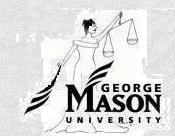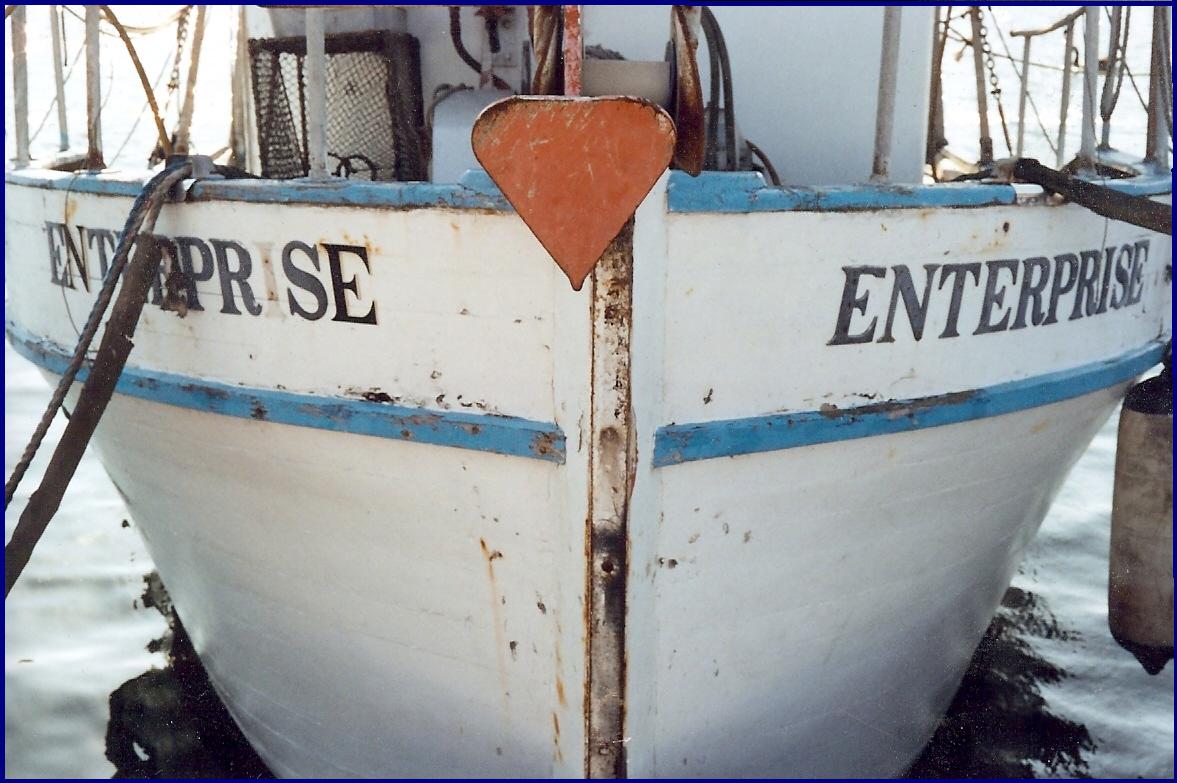|
Mary Jane McIlwain
Complementarity, Synthesis |
 |
Home Collaboration, and Overlay |
|
|||||||||||
| Vitae | Goal Statements | Coursework | Analytical Thinking | Professional Experiences | Research & Dissertation Planning | Documentation of Academic & Professional Growth | |||||
| Activity | Coaching, Consulting, and Collaborating | Self Study | Personal Mastery | Relationships and Patience | Knowledge Building and Sharing | Coherence within a System |
| New Teacher Meetings and Coaching Sequences |  |
 |
 |
 |
||
| Kindergarten Intervention |  |
 |
 |
 |
 |
|
| RTAC Representative |  |
 |
||||
| Before School Reading Program |  |
|||||
| GRA with Dr. Pierce |  |
|||||
| Attended AACTE Conference |  |
|||||
| Attended Achievement Gap Conference at GMU |  |
|||||
| AERA Conference Proposal-- Moving Away From Deficits to Debt Management Systems |
 |
 |
||||
| Herstmonceux VII Conference Proposal--Contributor |  |
 |
 |
| Activity | Personal Mastery/Self-Study | Relationships and Patience | Knowledge Building and Sharing | Coherence within a System |
| Coaching, Consulting, and Collaborating |  |
 |
 |
 |
| VII International Self-Study Conference Presentation |  |
 |
 |
 |
| HS-K Phonological Awareness PLC |  |
 |
 |
 |
| School Improvement Plan (Pgs. 4-8) |  |
 |
 |
 |
| Staff Survey on SIP Survey Results | - | - |  |
 |
| Differentiating Within Classrooms Presentation | - | - |  |
 |
| Differentiating to Close the Achievement Gap--PTA Newsletter, Oct. 08 | - | - |  |
- |
| Differentiating to Close the Achievement Gap--PTA Newsletter, Nov. 08 | - | - |  |
- |
| Principal's Steering Committee (Parent/Staff--GT Services & Differentiation) |  |
 |
 |
 |
| Co-teaching (4th & 5th) |  |
 |
 |
 |
| Cris Tovoni Conference | - | - |  |
- |
| Accepted Proposal: Huey's Relevance...NRC Study Session |  |
 |
 |
 |
| Accepted Proposal: Results in 30 Minutes a Day--National RR Conference | - |  |
 |
 |
| Accepted Proposal: Book Blogs, Reading Engagement, and Academic Identity--CEHD Alumni PD Conf. |  |
 |
 |
 |
| Accepted Proposal: Job Embedded.....--NSDC Summer Conference |  |
 |
 |
 |
